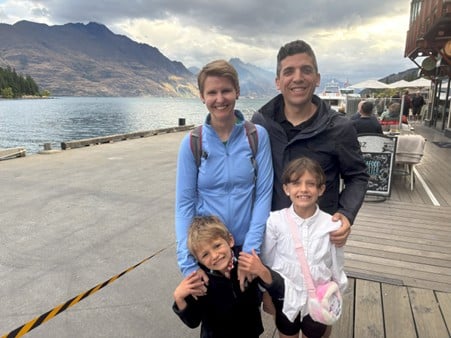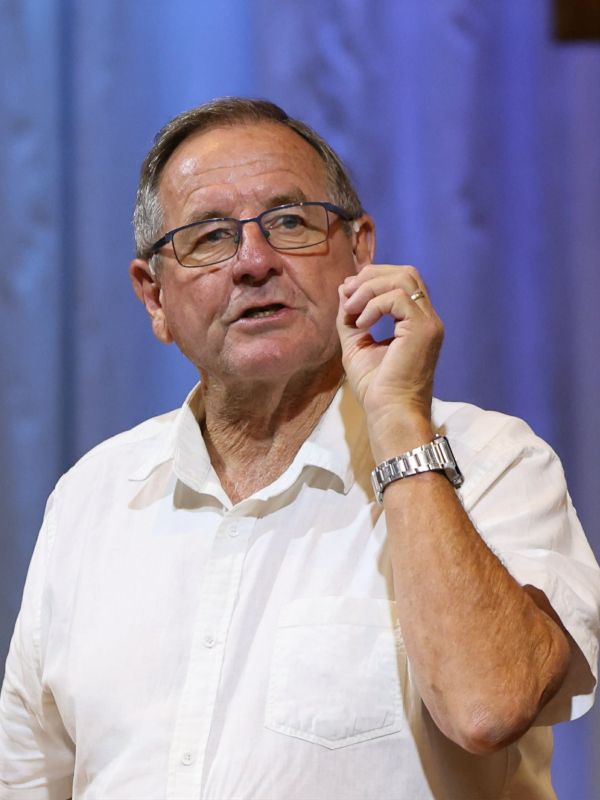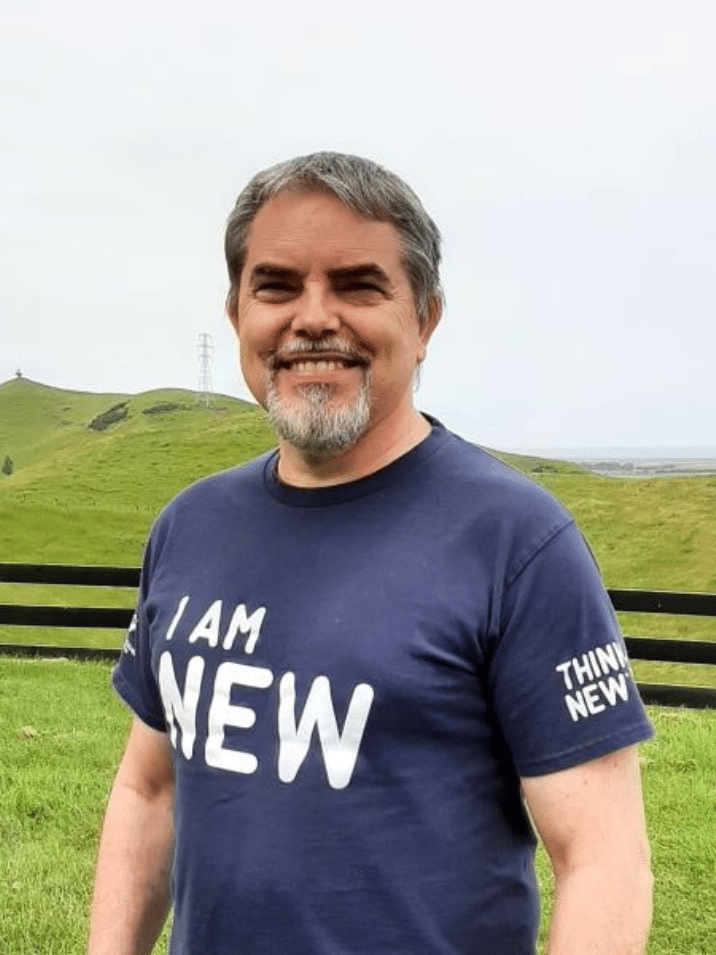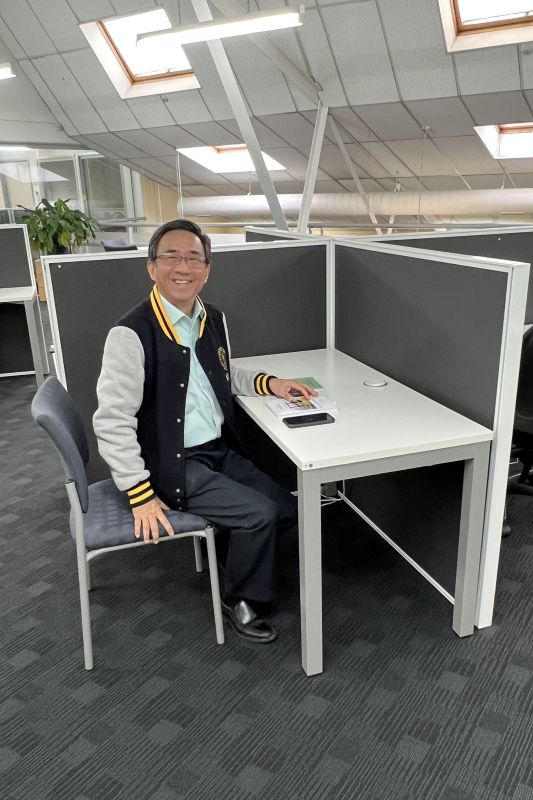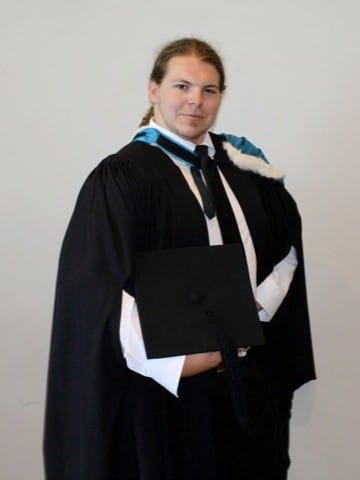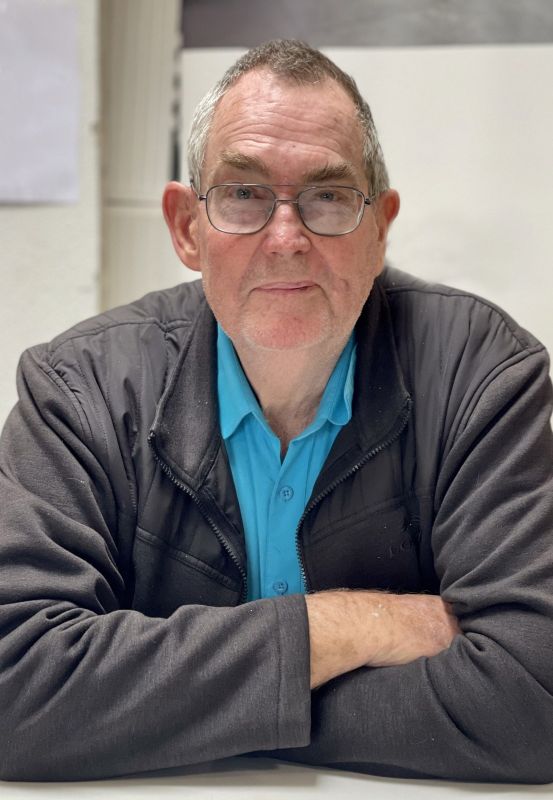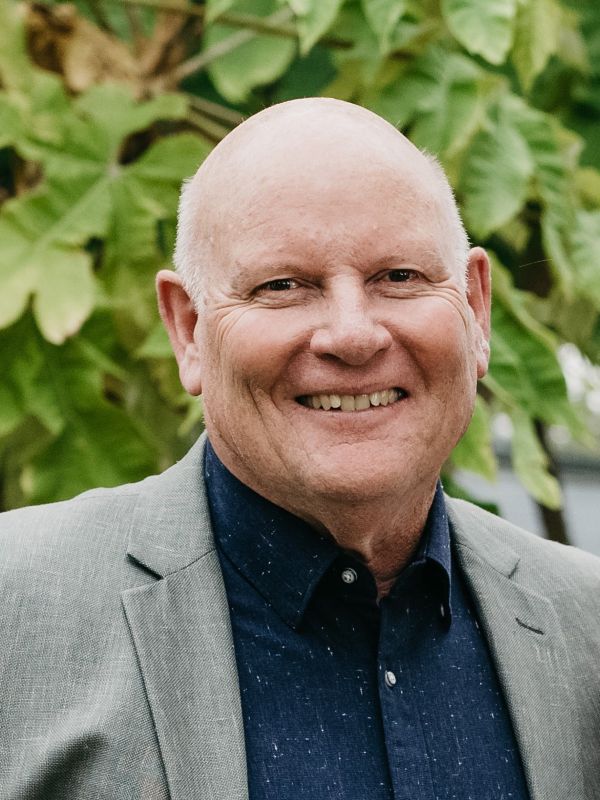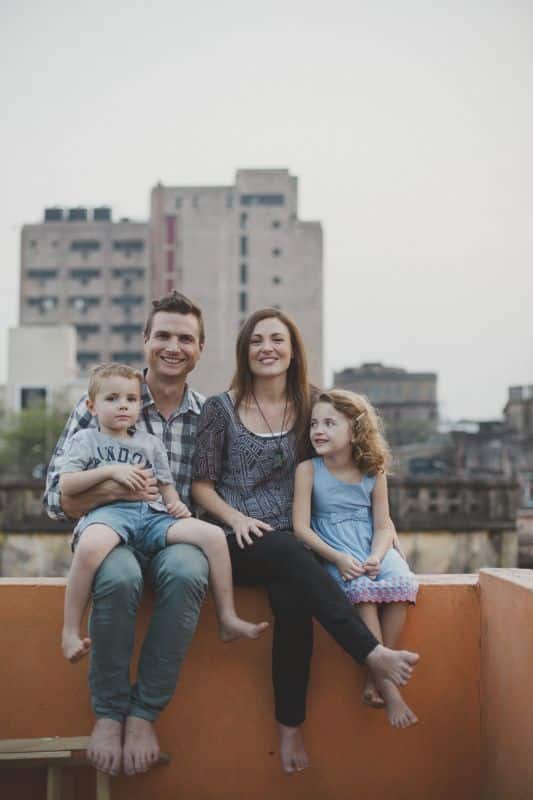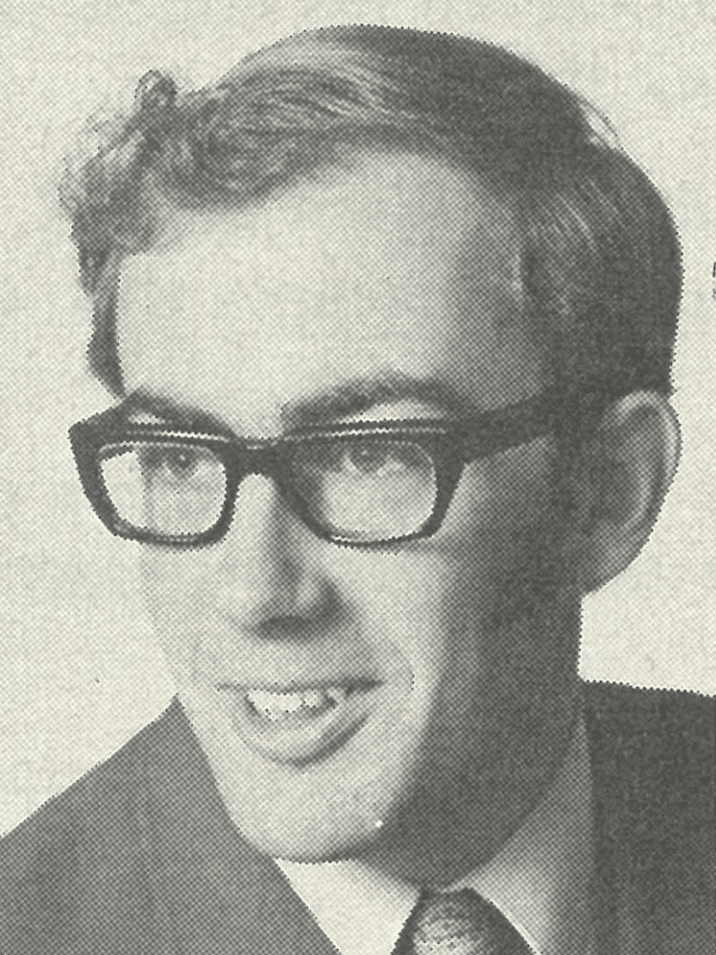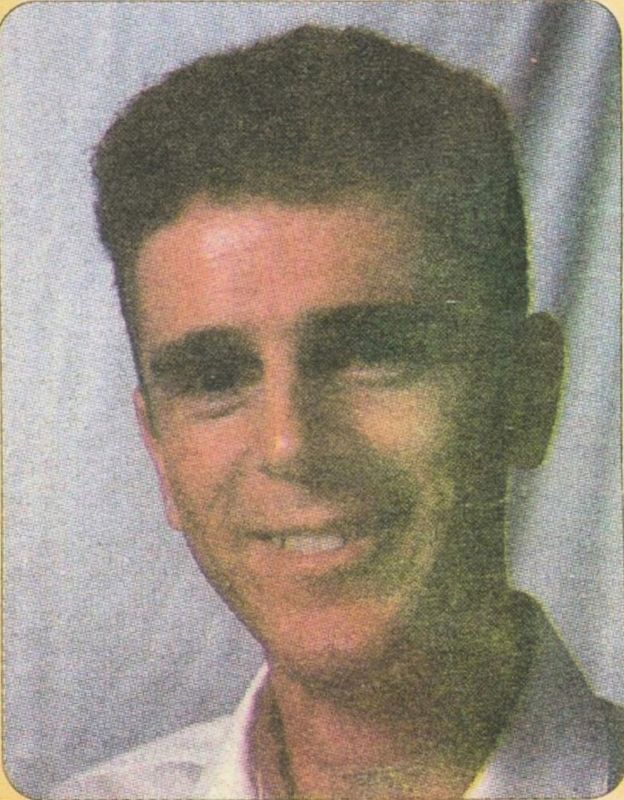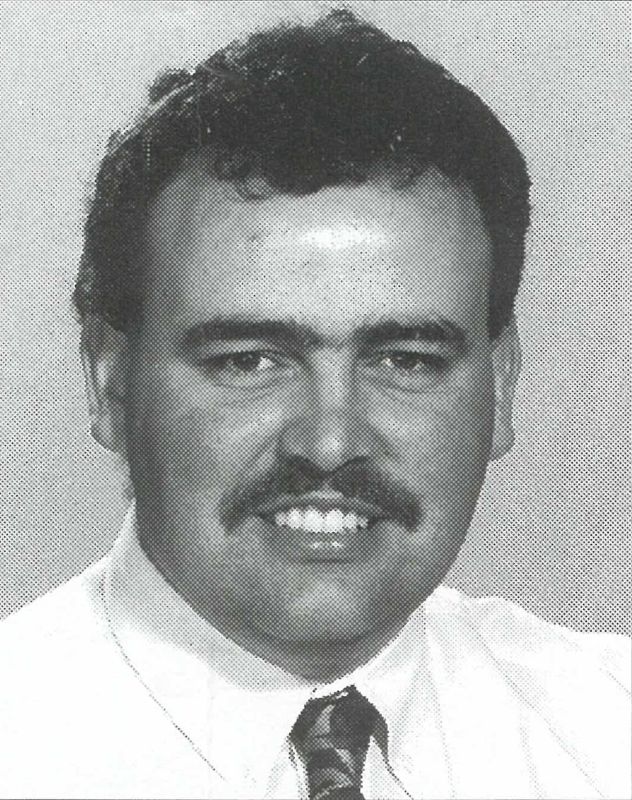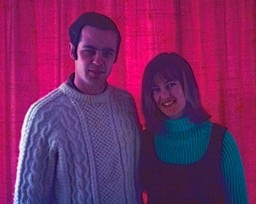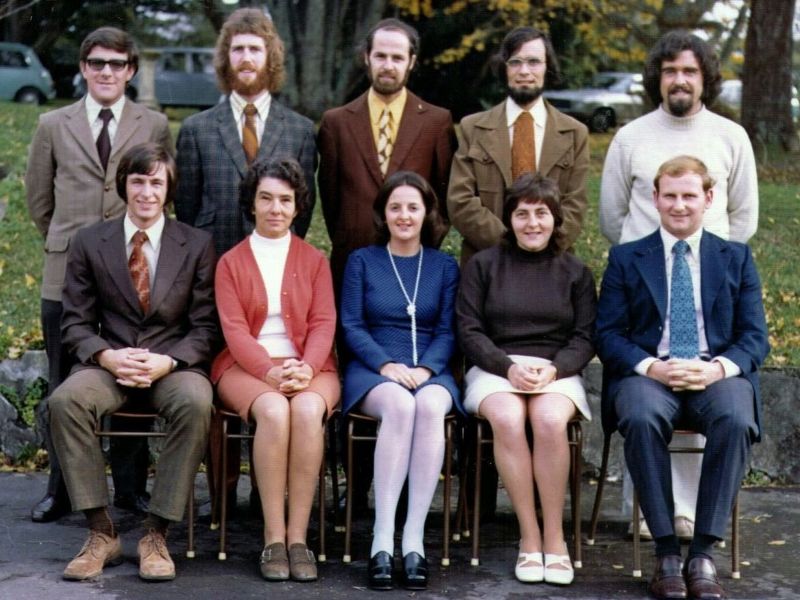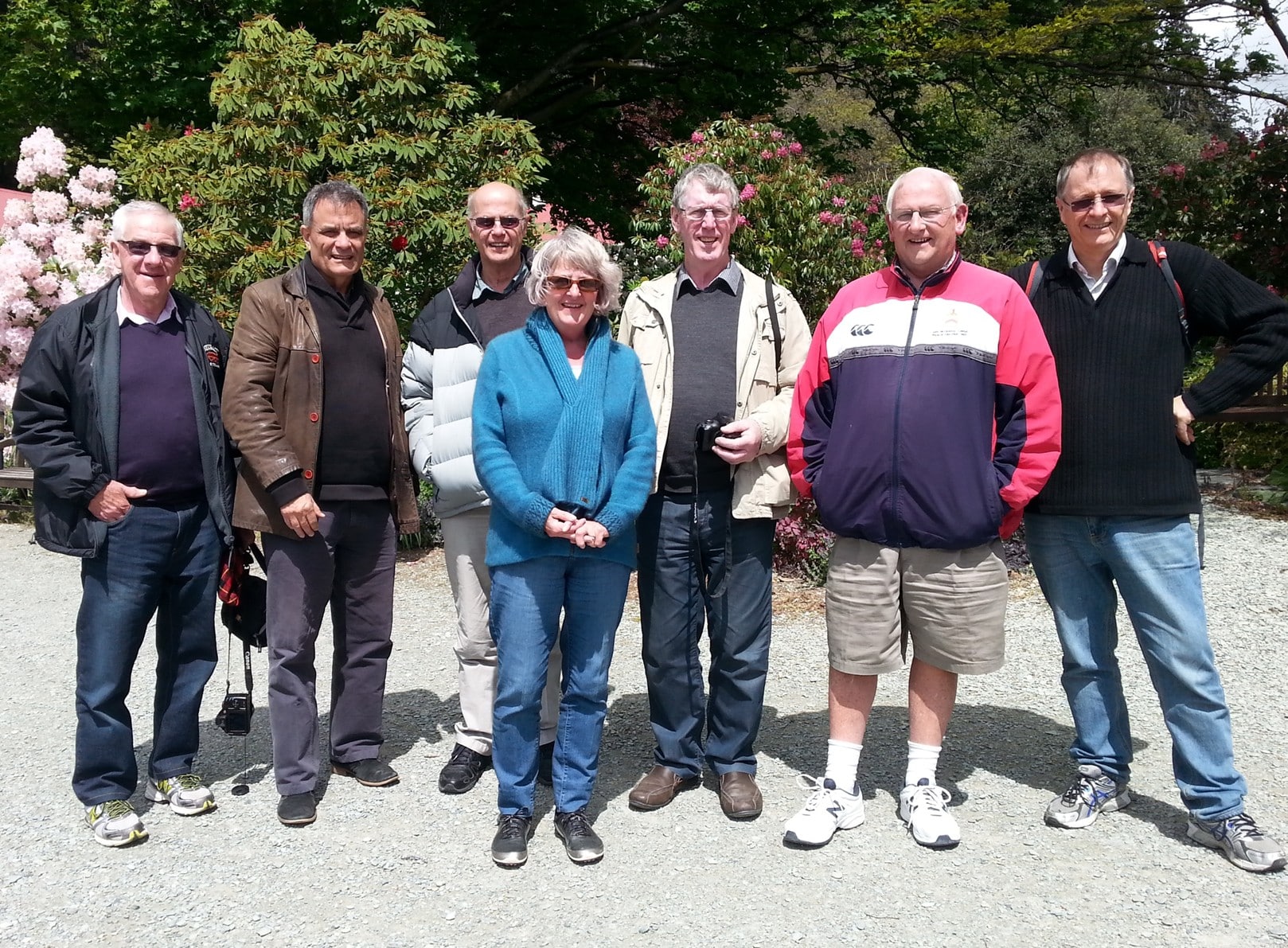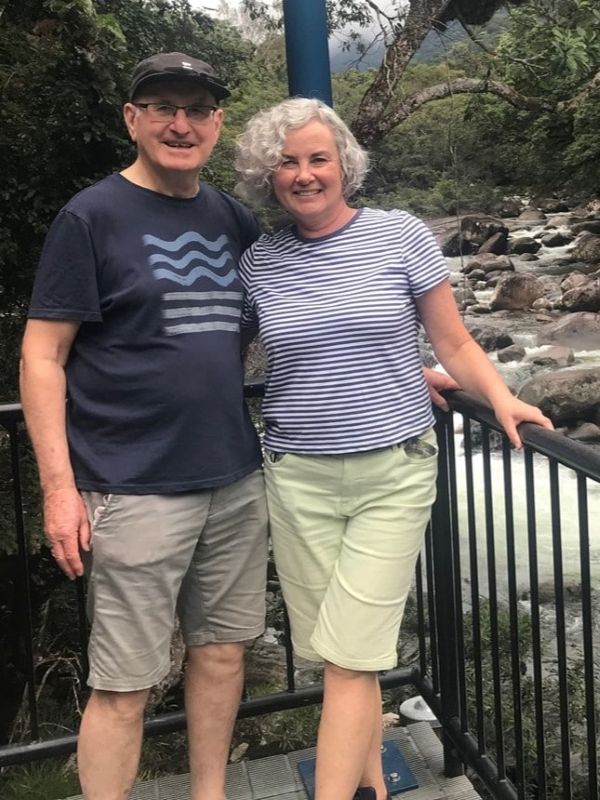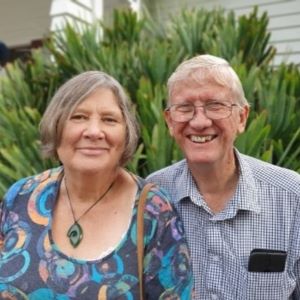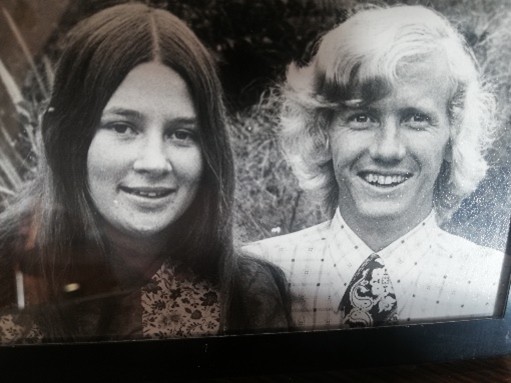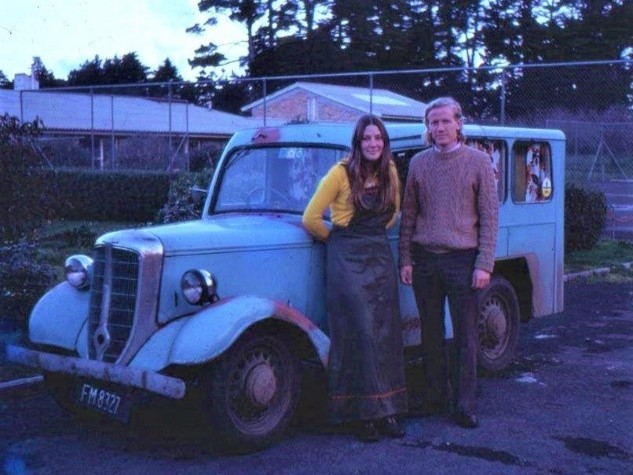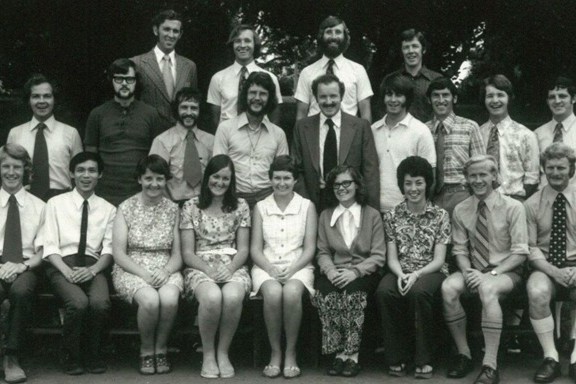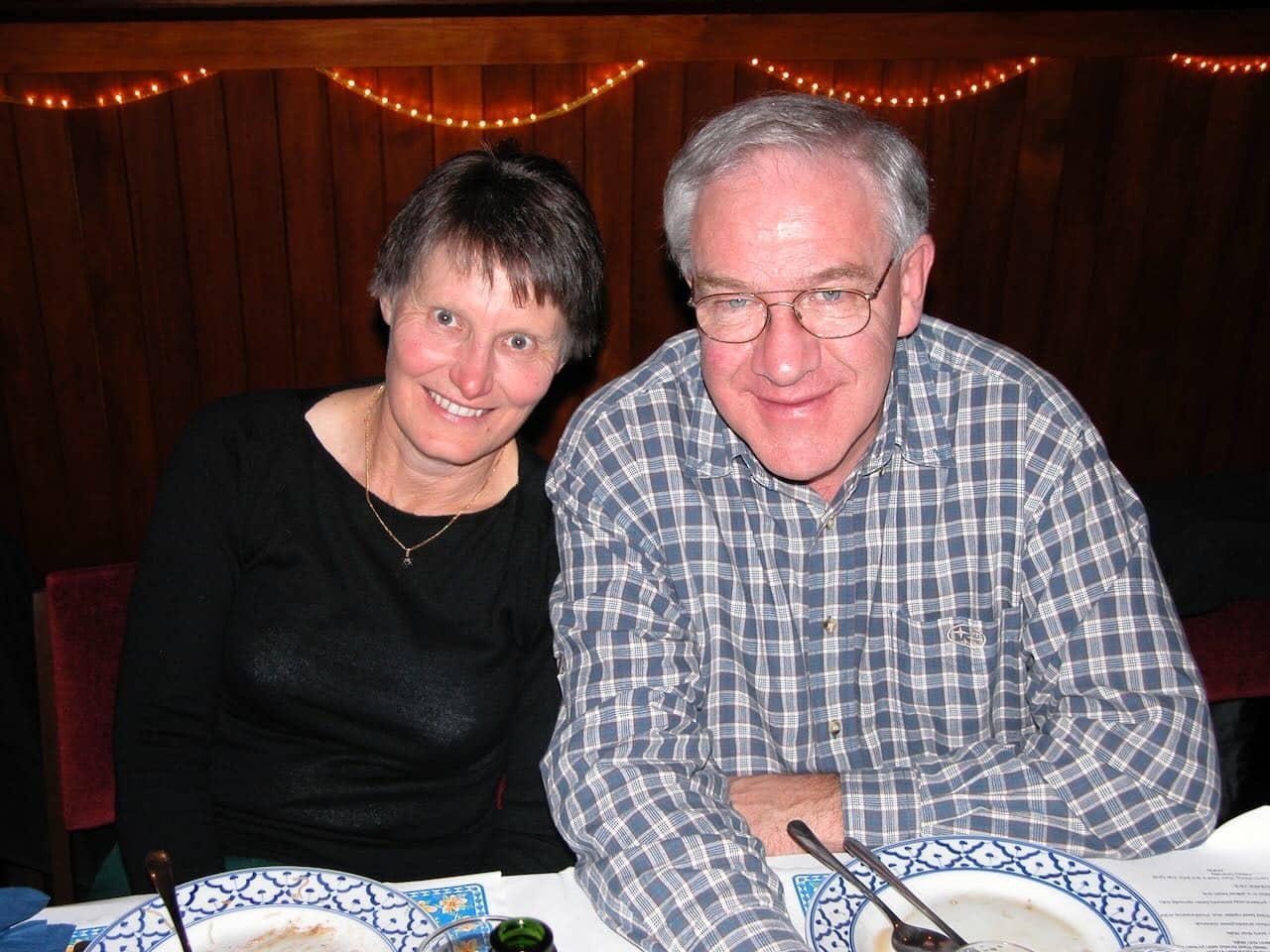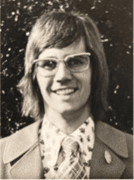In 1981, Wanganui Central Baptist took a chance on a young couple with a heart for youth and a calling toward mission. I was brought on as Youth Pastor for two years—a role that not only nurtured our love for ministry but also prepared my wife Barb and me for the mission field abroad.
Just two years later, we found ourselves in one of the most remote corners of Papua New Guinea, serving with the New Zealand Baptist Mission. Life was raw, challenging, and full of purpose. We were “living the dream,” or so it seemed. But mission life, as many will know, often leads to new and unexpected paths. For us, it was a surprising one: Carey Baptist College.
It wasn’t my idea. In fact, I was reluctant. But Barb had a clear leading from the Lord—so clear, in fact, that I couldn’t ignore it. And so, with a sense of divine nudge (and maybe a little human push!), I enrolled at Carey and returned to New Zealand.
My secondary school days had been filled with sport and fun, but not much study. So walking into an academic environment was a shock to the system. I struggled—with routine, with motivation, with focus. For months, Psalm 13 became my daily prayer: “How long, Lord? Will you forget me forever?”
It was a raw and honest cry, and for 10 months, I felt every word. Yet the psalm ends with hope, and though I couldn’t fully feel it at the time, I held on to those last two verses as a prayer of faith.
A turning point came at the end of that first year, during a summer assignment. Something shifted. A fog lifted. I found clarity. The resistance to study melted away, and a joy began to take its place—a joy in learning, in ministry, and in the calling that God had placed on our lives.
One of the greatest encouragements during that time was Principal Brian Smith. His deep cross-cultural experience and simple but profound teaching helped bring order to my chaotic thinking. His diagrams were masterpieces of clarity, and his willingness to listen reminded me I wasn’t alone in the struggle.
The following two years at Carey weren’t without their challenges, but they became a season of deep discovery—about Scripture, about myself, and about God’s unfolding mission and my place in it.
Since those days, Barb and I have had the privilege of serving in many places: from Papua New Guinea, Thailand, Macau, Auckland in the Tranzsend office, and pastoring in two New Zealand Baptist churches. It has been a life filled with adventure, questions, service, and joy.
Looking back, those final verses of Psalm 13 no longer feel like a distant hope. They’ve become a lived reality: “But I trust in your unfailing love; my heart rejoices in your salvation. I will sing the Lord’s praise, for He has been good to me.”
And indeed, He has, and still is!


